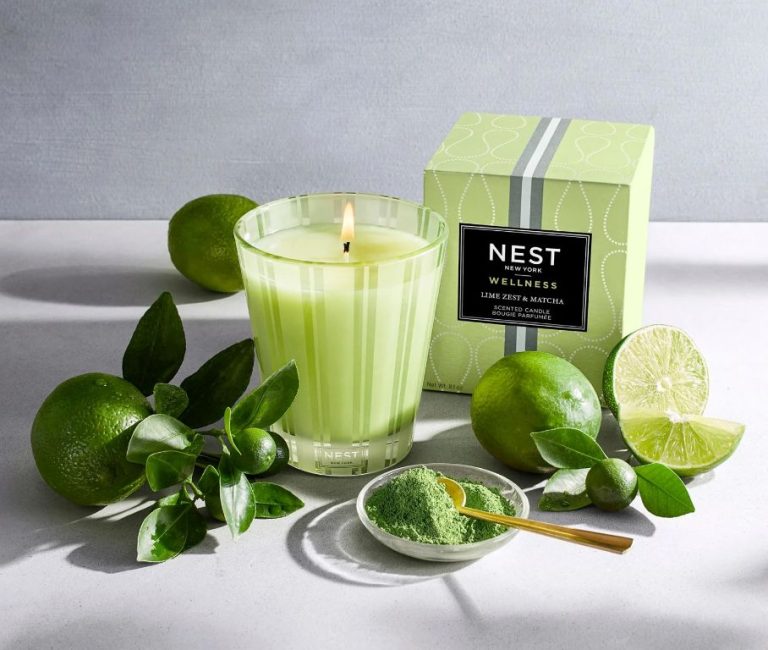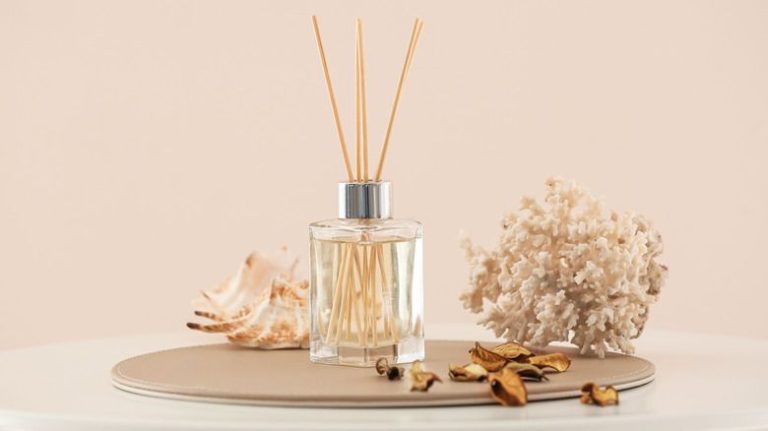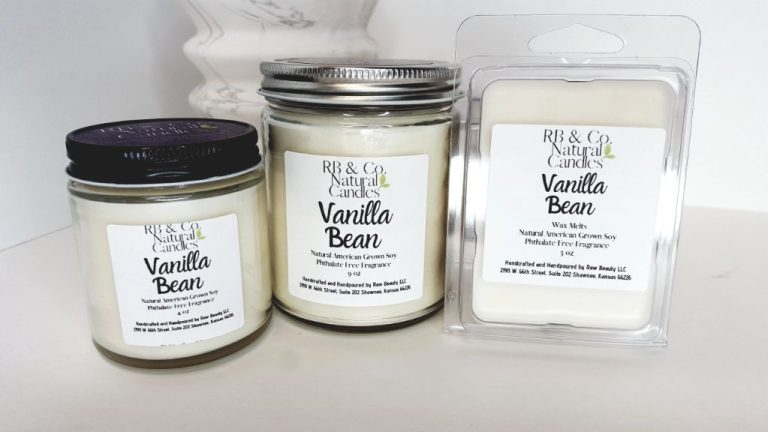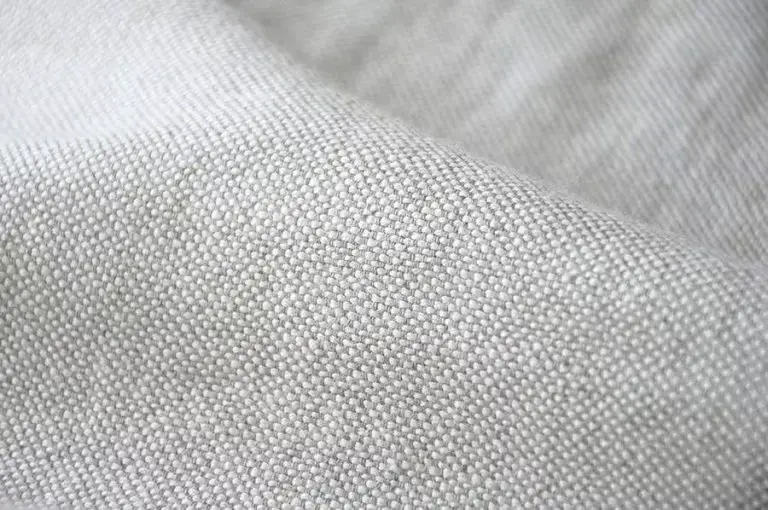What Essential Oil Is Musk?
Musk is a class of aromatic substances commonly used as base notes in perfumery that impart a warm, sweet, heavy scent. The word “musk” derives from the Sanskrit word for testicles, reflecting one of the original sources of natural musk – secretions from the preputial gland of male musk deer. Use of musk in perfumery dates back thousands of years, with ancient civilizations like Rome, Egypt, India, and China all valuing the precious substance. The Egyptians used musk in perfumes, lotions, embalming agents, and incense sticks. Musk oil has remained popular in perfumery through modern times both for its sensual aroma as well as its ability to help blend and fix other scents.
The main natural sources of musk are the glandular secretions from animals in the moschidae family including the Himalayan musk deer and the African civet. However, musk can also be produced synthetically, and most modern musk fragrance is artificially created rather than derived from natural animal sources.
Musk Deer – The Primary Natural Source
Musk deer are native to forested mountainous regions of Asia, including China, Russia, Mongolia, India, Pakistan, Nepal, Bhutan, and Afghanistan [1]. They inhabit alpine scrubs and forests between 2,500 and 4,500 meters elevation. Musk deer are generally solitary, shy, and most active at dawn and dusk.
The musk deer is named for the waxy, musky substance secreted by the males from a sac located between the genitals and navel. This strong-smelling substance has long been a valuable ingredient in perfumes. Only adult male musk deer produce musk, and they begin secreting it when they are around 2-3 years old [2].
Due to overhunting for their musk glands, musk deer populations have declined significantly across their range over the past 50 years. They are classified as endangered by the IUCN. Trade of musk deer products has been regulated under CITES since 1979 [3]. Ongoing conservation efforts aim to protect remaining musk deer populations and their forest habitats.
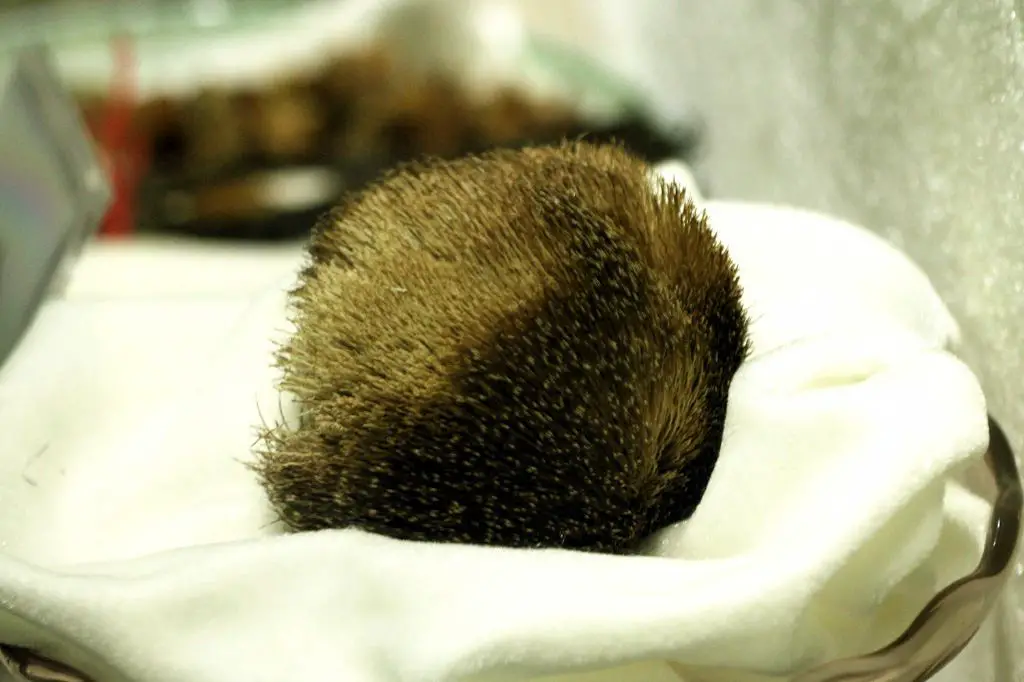
Synthetic Musk
Synthetic musk compounds were developed in the late 19th century as less expensive and more consistent alternatives to natural musk. The first synthetic musk, Musk Baur, was accidentally discovered by Swiss chemist Albert Baur in 1888 [1]. Since then, hundreds of synthetic musk fragrances have been created.
Today, some of the most commonly used synthetic musks include galaxolide, tonalide, and ethylene brassylate. Galaxolide and tonalide are polycyclic musks that mimic the powdery scent of natural musk deer. Ethylene brassylate has a sweeter, more floral musky note [2]. While synthetic musks can approximate the smell of natural musk, they lack the depth, complexity, and animalic undertones that make natural musk so prized in perfumery.
Aroma and Uses in Perfumery
Musk oil has a warm, subtle, complex scent profile often described as powdery, sweet, and mildly spicy with earthy, woody nuances. It is highly prized in perfumery for its ability to blend seamlessly with other fragrance notes, rounding out compositions and enhancing floral, fruity, and spicy accords (1). The musky aroma acts as an excellent fixative, allowing perfumes to last longer on the skin by slowing down evaporation of volatile compounds. Musk also serves as an important base note that grounds brighter top notes like citrus, while accentuating middle notes like jasmine and rose.
Musk layer beautifully with clean floral notes like neroli, ylang-ylang, and iris, as well as fruity notes like peach, blackcurrant, and bergamot. It also complements gourmand notes like vanilla, tonka bean, and almond. The sweet powdery musk scent blends seamlessly with ambery, spicy oriental fragrances containing notes like cinnamon, clove, sandalwood, and patchouli. Overall, musk is a remarkably versatile ingredient for perfumers, enabling innovative accords while also smoothing out compositions (2).
Uses Beyond Perfumery
While musk is best known for its use in fragrances and perfumes, it has expanded into other applications as well. Some key uses beyond perfumery include:
Applications in Personal Care and Cosmetics
Musk oil is popularly used in soaps, cosmetics, and personal care products for its scent. It acts as a natural fragrance additive in products like shampoos, lotions, creams, deodorants, and more. The musky, sensual aroma makes it a desirable component of cosmetic formulations (The Complete Guide to Different Types of Musk Oils).
Possible Medicinal Uses
Some preliminary research shows potential medicinal benefits of musk oil. It may help treat anxiety, convulsions, coma, and nerve disorders. However, research is limited and larger clinical trials are needed to substantiate these claims (Rxlist).
Food and Beverage Flavoring
Very small quantities of musk oil are used as a flavoring agent in foods and beverages. It adds a sweet, creamy note reminiscent of baby powder. Musk oil flavors candy, ice cream, baked goods, chewing gum, and more (Webmd).
Musk in Aromatherapy
Musk essential oil is often used in aromatherapy for its purported emotional and physical benefits. It is said to help instill a sense of calm, relaxation, and self-confidence when inhaled. Some also claim it can act as an aphrodisiac. Musk oil is thought to help soothe nerves and anxiety while promoting emotional balance and mental clarity. Some research also suggests it may have anti-inflammatory and antispasmodic properties that can ease muscle aches and pains.
Musk oil is most commonly used in aromatherapy through inhalation or diffusion. It can be placed in an aromatherapy diffuser to scent a room. For personal use, one can add a couple drops to a tissue or cotton ball and breathe in the aroma directly. When applied topically, it should always be diluted with a carrier oil first to avoid skin irritation. Most sources recommend a dilution of 0.5-1% musk oil when used on the skin.
Despite its pleasing scent, musk oil can cause issues for those with sensitivity or allergies. It should be used sparingly and properly diluted. Pregnant and breastfeeding women are typically advised to avoid musk oil due to lack of safety research. As with any essential oil, you should discontinue use if any irritation or adverse effects occur.
Ethical Concerns
The harvesting of natural musk from musk deer has raised significant ethical concerns around animal welfare and sustainability. Musk pods are located near the reproductive organs of male musk deer. To obtain the musk, the deer must be captured and killed, or the musk pod removed while the deer is still alive. This is an extremely invasive process that causes harm and stress to the wild deer populations. Some methods used to remove musk pods have been described as inhumane.
Musk deer are native to forests in Asia and classified as endangered species. Unregulated and illegal poaching has decimated populations due to demand for natural musk. According to the Take One Thing Off blog, experts estimate that tens of thousands of musk deer are poached annually to supply the perfume industry.
The Convention on International Trade in Endangered Species (CITES) has banned the international trade of natural musk to protect musk deer populations. Consumers should be cautious of products claiming to use 100% natural musk, as it may be illegally sourced. When purchasing musk perfumes and oils, look for responsibly sourced, synthetic or substitute varieties to avoid contributing to unethical poaching.
Pricing and Availability
The cost of natural musk oil is substantially higher than synthetic versions. Natural musk is incredibly scarce due to the challenges of sourcing it ethically and sustainably from the musk deer. Because of this scarcity, natural musk can cost thousands of dollars per ounce. Synthetic musk oils are far more affordable, generally ranging from $10-50 per ounce depending on quality and concentration.
Due to the high cost and rarity of natural musk, it can be incredibly difficult to find reputable suppliers that provide musk oil of verifiable origins. Many perfumers and aromatherapists rely solely on synthetic musk for their work. For those seeking small quantities of natural musk, the best suppliers are often smaller operations based in China, India, and Afghanistan where ethical and sustainable harvesting methods can sometimes be verified. However, extreme care should be taken to ensure responsible sourcing of any natural musk purchased.
Comparable Substitutes
There are several natural essential oils that can serve as substitutes for musk oil in perfumery. While they lack some of the complexity of true musk, these oils can provide similar base and fixative properties.
Some of the most commonly used substitutes include:
- Ambrette Seed Oil – Distilled from ambrette seeds, this oil has musky, woody aroma. It acts as a fixative and base note. Ambrette resembles musk but is lighter and brighter in scent (Source).
- Labdanum – An amber resin with a rich, warm, sweet and woody-balsamic scent. Provides a musk-like base note (Source).
- Oakmoss – Lichen with an earthy, woodsy, slightly sweet aroma. Can substitute musk as a base note fixative (Source).
While these oils can approximate some of the scent profile of musk, they lack the unique complexity and persistence of real musk. The substitutes also have their own distinctive aromas that set them apart from true musk. Perfumers often need to use a combination of substitutes to try to replicate musk’s effects.
The Future of Musk Oils
As concerns grow over the ethical harvesting of musk deer and the environmental impact of synthetic musk, the future of natural musk oils faces uncertainty. However, industry analysts predict continued high demand for musk-like fragrances in perfumes and other scented products.
According to a report by Research and Markets, the global market for natural fragrances, including musk, is expected to reach $4.6 billion by 2027. Rising consumer preference for natural scents will drive growth as the market shifts away from synthetic musk compounds (Source).
In response, fragrance companies are investing in new scent technology to develop synthetic musk alternatives that replicate the allure of real musk without harming animals or using questionable ingredients. Biotech companies are also exploring ways to sustainably produce musk compounds through microbial fermentation, avoiding animal sources entirely.
While natural deer musk remains prized in niche markets, the industry is moving toward more ethical and sustainable musk-like scents. With innovation and consumer demand steering the market, musk oils can have a future without threatening vulnerable deer populations.

